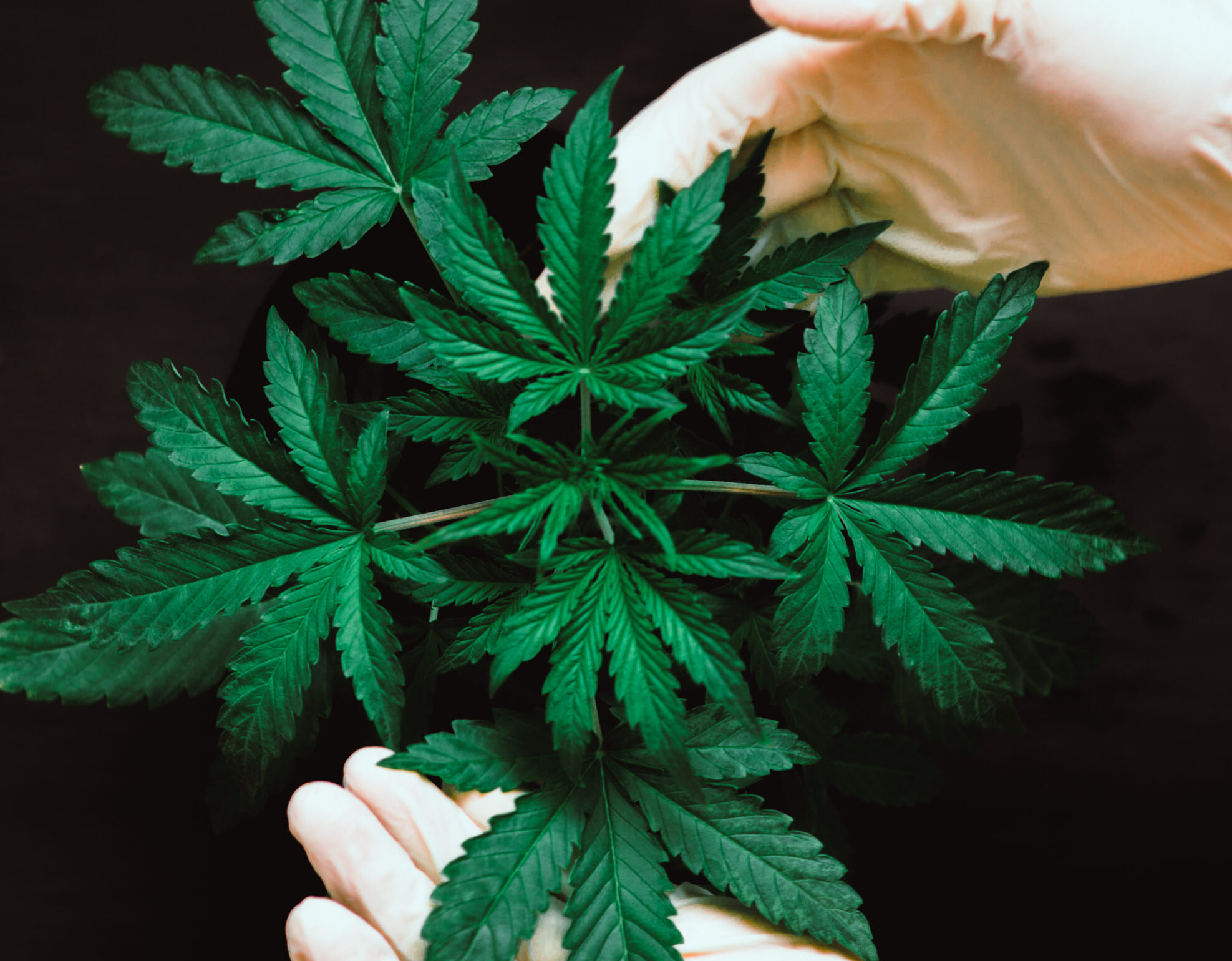This October will mark thirty-nine years I’ve worn a badge in law enforcement. I’ve worked drug units, supervised them, and spent my adult life fighting the war on drugs. Looking back, you ask yourself: what can we do differently? One thing is obvious to me – we need to change how we classify cannabis.
Let me be clear up front: I am not here today to argue we should legalize recreational marijuana. But there is a regulatory change long overdue—one that would help veterans with PTSD and allow scientists to better study the effects of cannabis. The federal rules around this drug – which in the right circumstances can offer real medical benefits – are badly outdated. It’s time we update them by rescheduling cannabis to a Schedule III drug.
Right now, cannabis is classified as a Schedule I drug by the U.S. Drug Enforcement Administration (DEA). This puts it in the same tier as heroin and other deadly, addictive substances with no sanctioned medical use. That just doesn’t square with reality. Even cocaine is not in this “worst of the worst” tier — it’s classified as Schedule II. While I certainly believe cannabis should remain a controlled substance, common sense tells me it does not belong in the same category as heroin or LSD. It ought to be considered Schedule III, a category for drugs with “moderate to low potential for physical and psychological dependence” and some legitimate medical applications.
Rescheduling is not legalization or even decriminalization. What rescheduling would do is remove the unnecessarily restrictive Schedule I barrier that makes it far more difficult for medical researchers to investigate the potential of cannabis-based treatments.
I’ve seen it firsthand. Over the years, too many officers I’ve worked alongside have carried the invisible wounds of PTSD after the horrific crime scenes they’ve had to face. Cannabis-based treatments have already proven effective for treating PTSD, along with other illnesses like anxiety, epilepsy, and insomnia. Patients fighting cancer have also found relief from the side effects of chemotherapy, while others suffering from chronic pain and traumatic brain injuries report significant improvements. Yet, because of Schedule I classification, doctors and researchers face endless bureaucratic hurdles, and patients’ access to these treatments remain severely limited.
Sure, there are pharmaceuticals that treat PTSD symptoms. But I know plenty of veteran law enforcement officers who are frustrated by having to take prescription anxiety medication – which often comes with dangerous and debilitating side effects – when cannabis treatment offers a natural alternative.
This is true for our nation’s military veterans, too. Veterans experience especially high rates of PTSD and often struggle to reenter civilian life after serving our country. Under Schedule I, cannabis has “no accepted medical use” on the federal level. That means VA doctors are prohibited from prescribing medical cannabis to veterans who need it most. The regulations are so strict, in fact, that VA doctors are not even allowed to have conversations with their patients about these treatments. That’s wrong.
Clearly, cannabis’ Schedule I classification is a relic of the past, created long before the medical potential of this drug was widely understood. Change is long overdue. The Department of Health and Human Services (HHS) formally recommended cannabis be moved to Schedule III, but the Biden administration failed to follow through on the recommendation. Now President Trump has the chance to deliver where others have failed. After nearly four decades in this line of work, I can tell you — we’ve wasted enough time and resources chasing cannabis. It’s time to put our focus on the real threats like fentanyl and meth, and let science and medicine do their part with cannabis. For the sake of veterans, patients, and plain common sense, I believe rescheduling is the right step forward.


